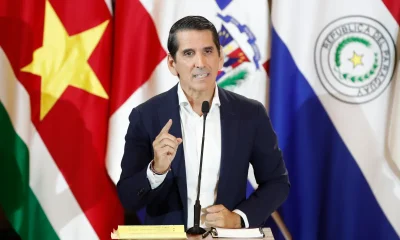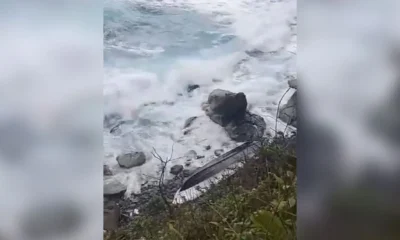Central America
Panama deports 29 colombian criminals under new U.S. migration agreement
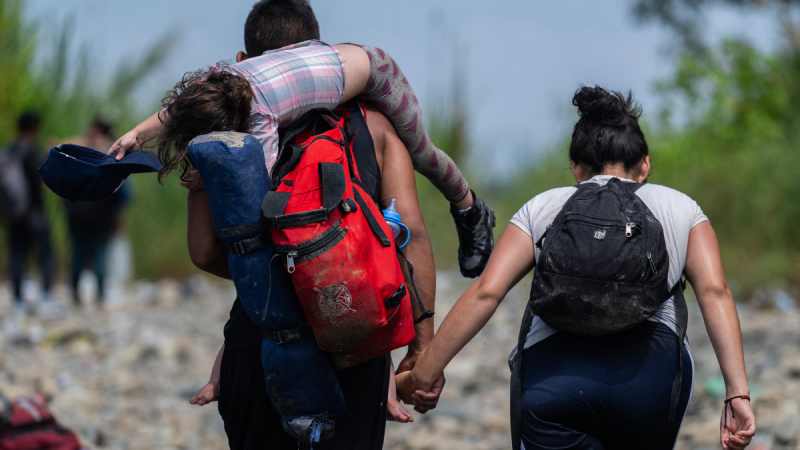
Panama deported 29 Colombians with criminal backgrounds on Tuesday who had entered the country through the remote Darién jungle, marking the first implementation of a migration agreement signed with the United States in July.
“We have the first flight of the agreement funded by the United States,” said Panama’s Deputy Minister of Security, Luis Felipe Icaza, to the press. He was accompanied by U.S. officials as the charter flight took off at dawn from Albrook Airport in Panama City, carrying the 29 deportees to Bogotá.
Before boarding the Fokker 50 aircraft, the group was assembled at the side of the runway and each individual was checked with metal detectors. The deportees, who were not carrying any luggage, were handcuffed and shackled, making their way slowly up the stairs to the plane.
Icaza mentioned that “the next flight could depart on Friday or Saturday” under the memorandum Panama signed with the United States on July 1, the same day José Raúl Mulino took office as the new President of Panama.
Under this agreement, Washington pledged to fund the deportation of migrants crossing the Darién, the inhospitable jungle on the Colombia-Panama border, with six million dollars.
“The memorandum applies to anyone, not just criminals,” said Marlene Piñeiro, the U.S. Interior Security Attaché in Central America, who observed the deportation process along with other U.S. and Panamanian officials.
“In addition to charter flights, we are also supporting commercial flights” for the return of migrants to their home countries, she added.
Central America
Panama grants Martinelli 72-hour extension to travel to Nicaragua
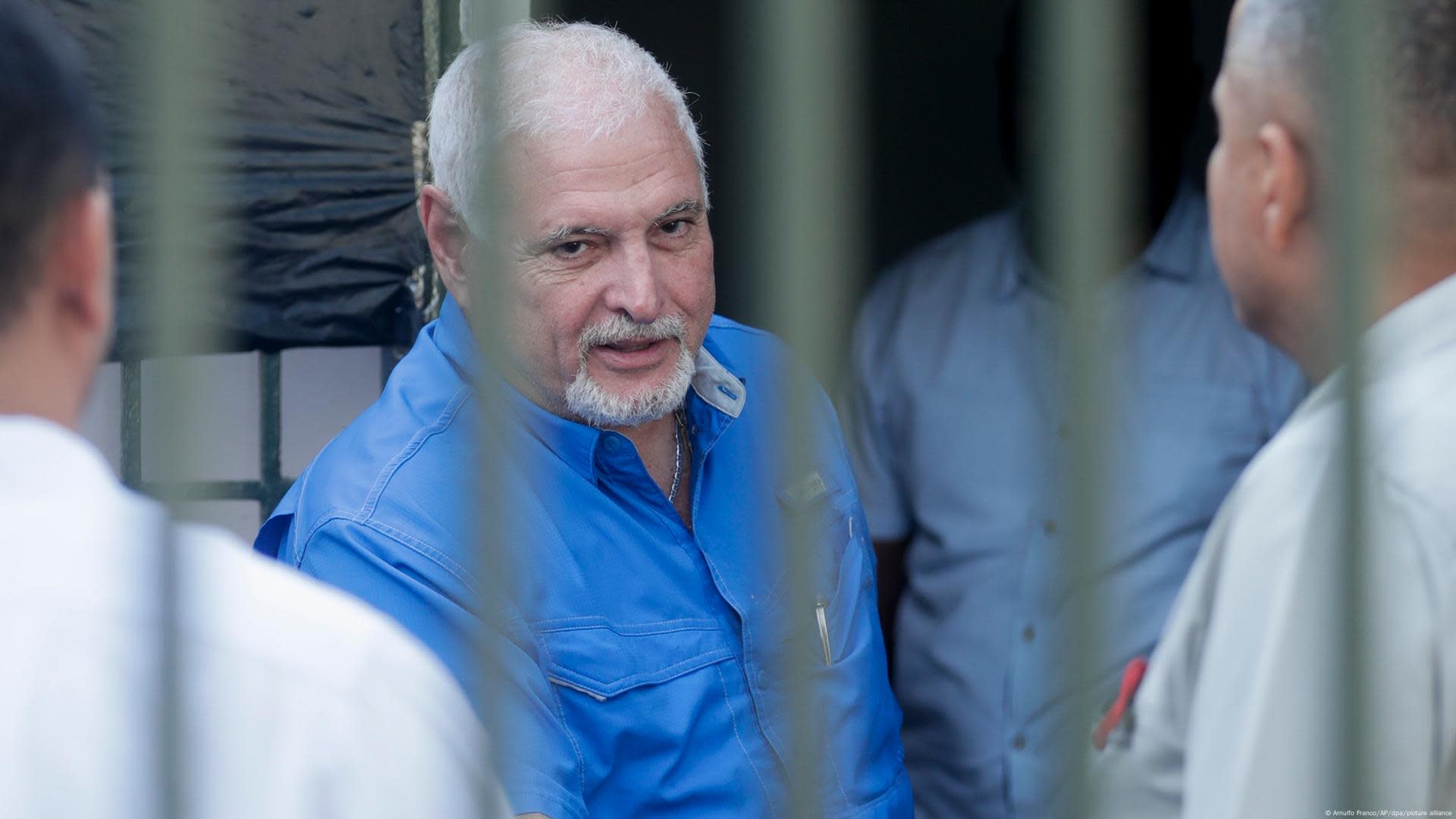
On Monday (March 31, 2025), Panama extended the safe-conduct pass for former President Ricardo Martinelli by three more days to allow him to travel to Nicaragua, after the Central American country refused to receive him due to concerns over an alleged Interpol arrest warrant.
“The National Government has decided to extend the validity of the safe-conduct pass for an additional seventy-two (72) hours, until the end of Thursday, April 3, 2025,” the Panamanian Foreign Ministry stated in a communiqué. The original permit was set to expire Monday at midnight (05:00 GMT on Tuesday).
The Foreign Ministry explained that regarding the ‘humanitarian asylum’ granted to Martinelli last Thursday, which was set to expire Monday at midnight, the Nicaraguan government requested clarifications about an apparent Interpol alert, which had already been dismissed as inadmissible.
Additionally, the Panamanian Supreme Court of Justice, as the highest authority of the Judicial Branch, stated on Monday that it had “no objections” to granting asylum and a safe-conduct to Martinelli, as it falls under the jurisdiction of the Executive Branch.
Central America
U.S. Homeland Security Secretary urges Mexico to strengthen Guatemala border
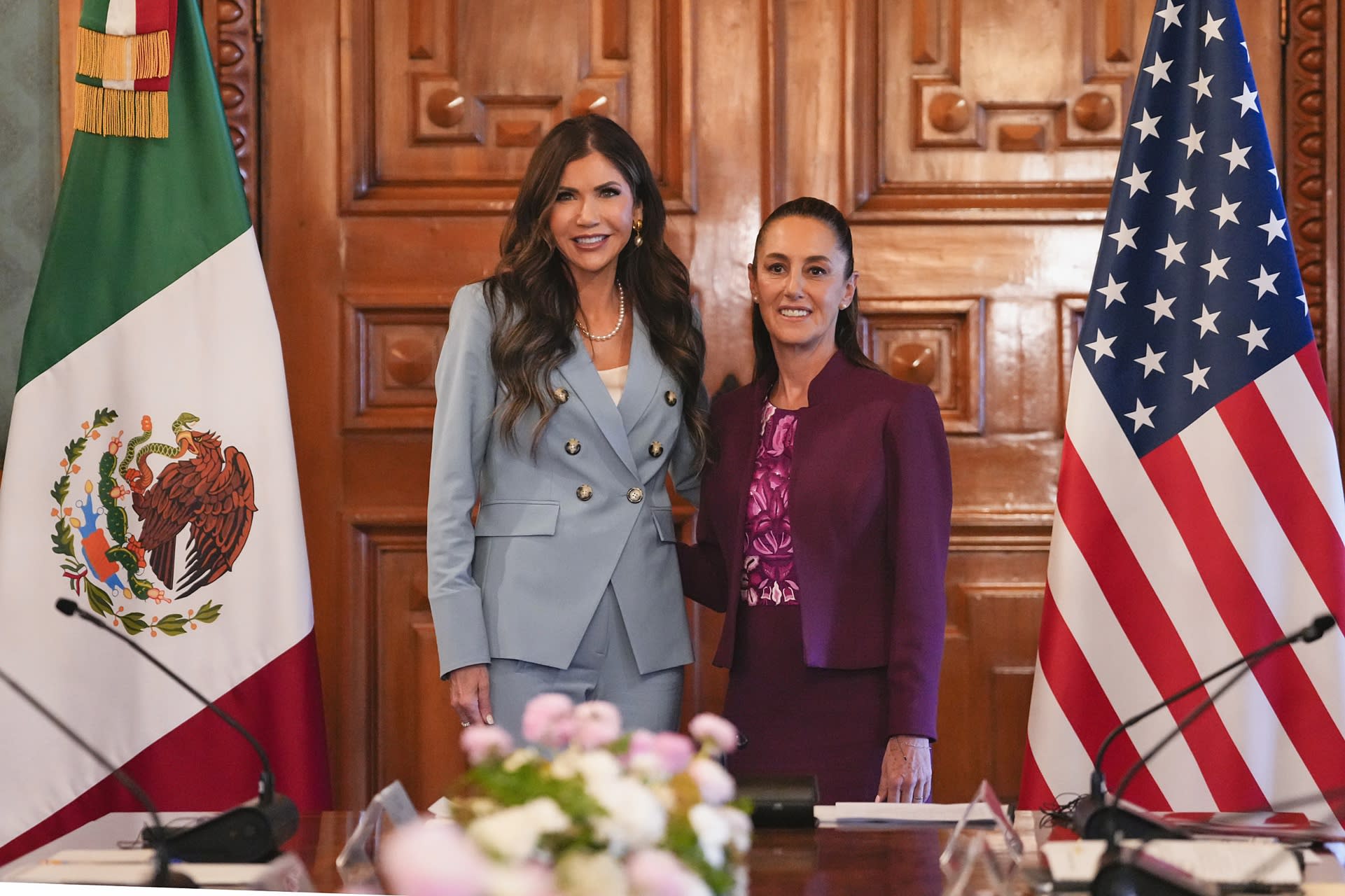
U.S. Homeland Security Secretary Kristi Noem revealed on Monday that during last week’s meeting with Mexican President Claudia Sheinbaum, she urged Mexico to reinforce its border with Guatemala and share biometric datawith U.S. authorities.
“I gave her a list of things that President Trump would love to see. And it was exceptional. It was supposed to be a half-hour meeting, but we talked for nearly two hours. It was very productive,” Noem said in an interview with Fox News.
The Homeland Security Secretary requested that Sheinbaum, who has already deployed 10,000 National Guard troopsalong Mexico’s northern border with the U.S., also secure Mexico’s southern border with Guatemala.
Noem added that she also asked the Mexican president to share biometric data with the U.S., to which Sheinbaum responded that she was “willing to discuss it,” although she acknowledged that it could be a controversial issue in her country.
Central America
Panama police clarifies that Interpol alert for Martinelli is still pending
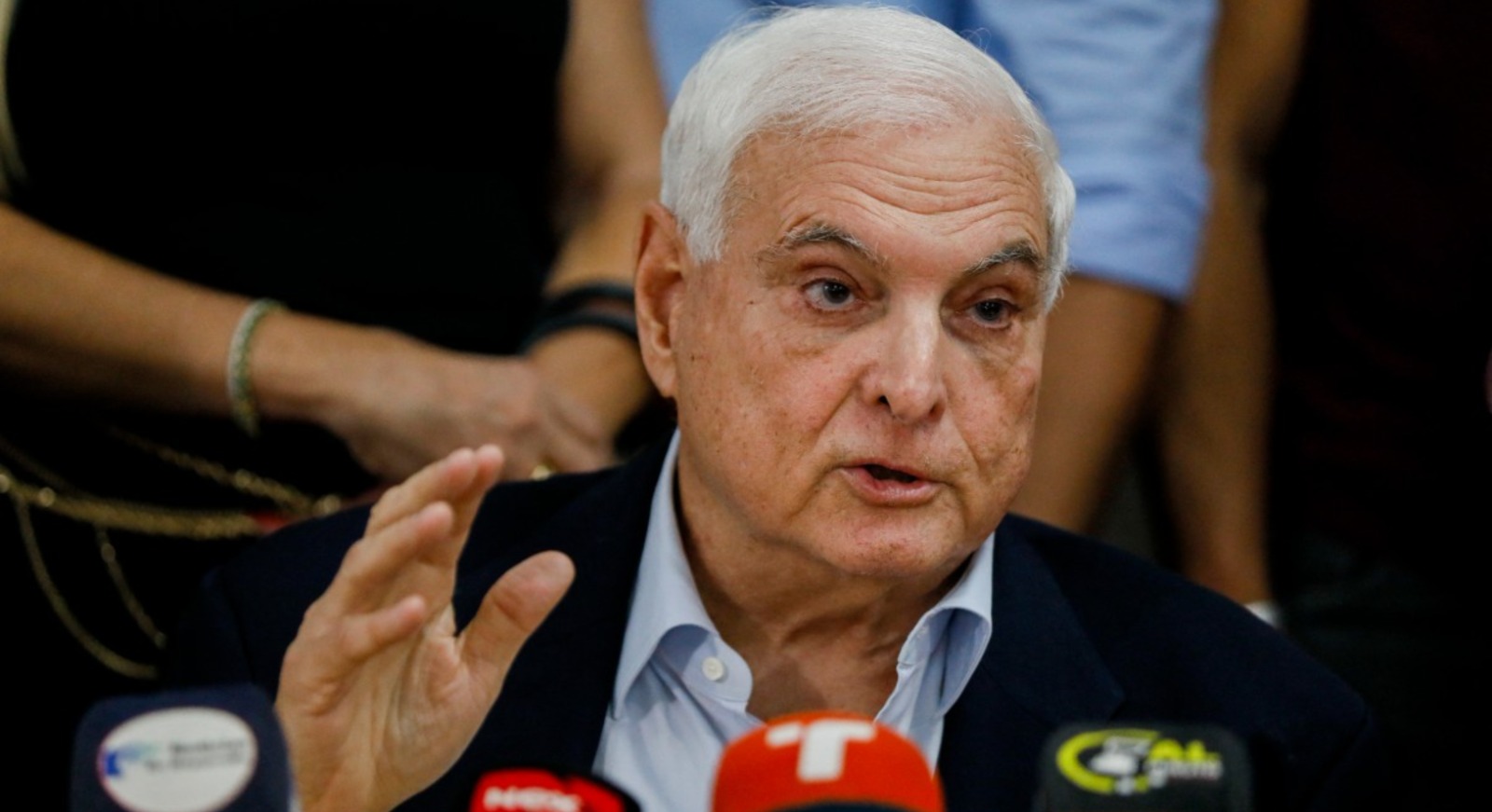
Panama’s National Police clarified on Sunday that an Interpol alert request for former President Ricardo Martinelli (2009-2014) is still under review and has yet to be confirmed. Martinelli was granted a safe-conduct pass last Thursday to leave the Nicaraguan embassy, where he has been seeking asylum since February 2024 after being convicted of corruption.
“The National Police clarifies that there is currently an active process for an Interpol alert, requested by Judge Baloisa Marquínez, against former President Ricardo Martinelli. This request must be analyzed by Interpol’s General Secretariat (headquartered in France) for approval or rejection. If approved, it will be notified to member countries,” the police stated in a press release sent to EFE.
According to the statement, “at the moment, it remains an ongoing procedure, and former President Martinelli does not have a confirmed alert.”
The announcement came hours after National Police Director Jaime Fernández had told the press that an “Interpol alert” for Martinelli had been received on Friday.
-

 Central America5 days ago
Central America5 days agoNicaragua denounces Costa Rica’s position in SICA as aligned with foreign interests
-

 Central America5 days ago
Central America5 days agoNicaragua’s new judicial law consolidates power in Ortega and Murillo’s hands
-
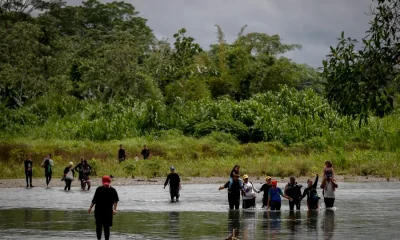
 Central America5 days ago
Central America5 days agoPanama’s president declares Darién gap ‘closed’ amid sharp drop in migrant flow
-

 International3 days ago
International3 days agoSon of journalist José Rubén Zamora condemns father’s return to prison as “illegal”
-

 International5 days ago
International5 days agoMarco Rubio warns Venezuela against military action against Guyana
-

 International3 days ago
International3 days agoMiyazaki’s style goes viral with AI but at what cost?
-

 Central America1 day ago
Central America1 day agoPanama police clarifies that Interpol alert for Martinelli is still pending
-

 International1 day ago
International1 day agoDeportation flight lands in Venezuela; government denies criminal gang links
-

 Central America9 hours ago
Central America9 hours agoU.S. Homeland Security Secretary urges Mexico to strengthen Guatemala border
-

 International9 hours ago
International9 hours agoTrump urges Putin to reach peace deal
-

 Central America9 hours ago
Central America9 hours agoPanama grants Martinelli 72-hour extension to travel to Nicaragua
-
Central America3 days ago
Nicaragua revokes legal status of 10 more NGOs, bringing total to over 5,600
























